On a dull weekday morning, in a tiny street tucked away in the depths of suburban Brunswick, on the grey cement outside of an ageing weatherboard home, competitive ballroom dancer and coach Neville Parry is unveiling, piece by piece, the ‘best of’ of his intensively curated collection. Each addition seems incongruous to its antecedents; first a crumpled, rhinestone encrusted t-shirt appears, then a well-worn DVD cover, followed by a pair of scuffed high-top sneakers. Finally, he removes the backing of a nondescript Nokia smartphone and carefully grasps what looks like a shred of plastic packaging, concentrating as he poises it between the soft nubs of his thumb and finger, so as not to spoil the delicate artefact. This flimsy fragment is the pièce de résistance, the ultimate jewel in the crown of his years of painstaking accrual: a scrap of iridescent confetti. As Neville explains, it is the one physical memento salvaged from the highlight of his life’s experience thus far; his fateful one-time meeting, face-to-face, with the object of his undying obsession, Beyoncé, in concert.
Coming to this humble home has represented somewhat of a pilgrimage for Neville, as it has to many ardent Bey-ites. The small, dilapidated weatherboard played host to the songstress herself on a photo-shoot during her recent tour of Australia. What would have been a nonevent for most other celebrities became a powerful point for preoccupation with her fans, manifesting in multitudes of memes, exemplified by the still-active Beyoncé in Brunswick Tumblr which appeared, in a sudden deluge of Beyoncé-Brunswick-Photoshop-ridiculouslness—with Beyoncé outside Dejour jeans, Beyoncé waiting for takeaway at Thaila Thai, Beyoncé and her fellow single nonnas, et al.
Neville’s obsession with Beyoncé has finally led him to creating NEVONCÈ, a dance class, where he teaches ‘the dance moves to Beyoncé songs’ sourced from her videos; a labour of love that he describes, half-jokingly, as his ‘life’s work.’ (‘I’ve been obsessed with this woman for so long.’)
Neville voice bobs along like a helium balloon tied to a child’s wrist, such that, when his tone shifts from gently insouciant to forthrightly opinionated it takes you a minute or so to register that his tongue has been firmly dislodged from his cheek.
‘I’ve ruined dinner parties with people who have tried to tell me that they didn’t like Beyoncé.’
His wide, bright eyes flash icily; his throat’s balloon has crashed to earth.
‘If people have said that they hate her then I have asked them to leave.’
After a moment’s seriousness, he is back to his lighthearted self. ‘Me and Beyoncé, it’s been an unhealthy obsession for a boy of my age now,’ he says. ‘It started very young, I’ve always loved her music, and I got my first DVD for a birthday present of one of her live concerts and then it just kind of went from there.’
The idea for NEVONCÈ, he says, first arose in ‘drunken conversation that happened over cocktails’ when he was living in London, and was aided and abetted by his propensity to ‘get rowdy and start dancing around like an idiot to Beyoncé.’
However, the dance class idea remained in chrysalis until he returned to Melbourne last year. During his time living in London, Neville had ceased ballroom dancing and coaching. When he returned he ‘dove into’ ballroom dancing again, and the subject came up in conversation with unenlightened peers, he was unanimously encouraged to pursue it (‘they were like you have to do it, you absolutely have to do it.’)
‘And then I started talking to my coach about it, where I do my ballroom dancing,’ he says.
Neville dances and coaches ballroom dancing at Just Rhythm Dance Academy and his coach, and mentor, Julie Jones‘s support has been instrumental in his continued pursuits in dance. She was very encouraging about the idea for the class, and offered up the space for him to use for it. (‘It will be so much fun, you need to do this, it will be great.’)
So what started out as a mere piece of ‘drunken conversation’ fodder has evolved for Neville, into a life-consuming passion which just ‘takes over.’
Neville’s involvement in dance has been facilitated through his passion being recognised by others. Growing up with a single mother, money was scarce and luxuries like dance classes were a non-option, but it was something which Neville nonetheless gravitated towards. ‘Dance and movement has always been a thing for me.’
I used to dance in my Grandma’s Sunday dresses in her sunroom out the back.’
While he was ‘obsessed’ by dance as a child, his mother pushed him into sports like tennis and football.
‘Even when I played football I wouldn’t stand still long enough to get the ball or I would do handstands instead of actually going for the ball.’
He remembers fondly dancing in primary school, particularly due to his adoration for his teacher. (‘I always used to be quite infatuated with Mr. Stewart, he was a tall, handsome man, I always wanted to impress him by dancing the best I could.’)
Eventually, it was an after-school care teacher who noticed Neville’s abilities and suggested that he should be pursuing the hobby through more formal training. Due to Neville’s financial situation, he was offered a scholarship for the first six months; ‘it just started from there and I wanted to do as much as I could, so it was Jazz, Ballet, tap, contemporary, a couple of days a week.’
The next year, when Neville was twelve his teacher recommended that he audition for the Victorian College of the Arts Secondary School. His mother was understandably cautious. She said, ‘he hasn’t had enough training, he’s only been dancing this year…I don’t want you to get his hopes up for me not to be able to tell him that he’s going.’
His teachers ignored this and prepared Neville for the audition. Luckily, he was accepted and he ended up dancing full-time from the age of twelve to seventeen, at the most rigorous dance school in the state.
‘It it was like a full time job for a little kid,’ he says. ‘And you were on probation every year, so if your dancing wasn’t improving or your academic grades weren’t up to scratch you were out because you were on a full scholarship you could only get in through audition.’
There was significant pressure to perform from a very young age. When he began, ballet was the main elective, and because Neville wasn’t interested in this form of dance as other styles, he was made to attend interviews about his progress, ‘where they said I wasn’t dedicated enough and maybe my potential wasn’t being fulfilled, and maybe this school wasn’t for me.’
Body image became an issue, as there was outward pressure to conform to the ‘perfect proportions’ of a ballet dancer. ‘I was an awkward twelve-year old boy that had not hit puberty yet, I had red chubby cheeks I wasn’t as big as all the other boys that had fit puberty before I had, and even that was mentioned: Neville’s body type might not be correct, he might not be strong enough to be moving these girls.’
‘I was always the weak one, and the chubby one, and then I hit fifteen and I grew and I was skinny and it all got better, but then that mindset never really changed, of having to be perfect, that sticks with you.’
This is one aspect of the dance culture which he is critical about. (‘A lot of my friends who were ballet dancers have quit because they were sick of trying to be perfect with their bodies.’)
However, he is generally positive about his experiences at the school. ‘I look back at VCASS and it was the best time of my life, it really sent me up for what I wanted to do.’
‘Dance, no matter what field you go into, gives you that discipline and work ethic, and that’s been a real help with me in my dance career so far, in the work that I’ve done.’
Ballroom has always been Neville’s central passion when it comes to dance. He was introduced to this field through his father who was also a ballroom dancer, who used it as an outlet for his rebellious energies: (‘his mum took him to dance school and said, you’re going to go here instead of going out, drinking with your mates and getting in trouble’).
He also had some ballroom dancing experience in primary school. He had a mini-debutante ball, a yearly tradition maintained at his school for the prep students where ‘we used to do heel-and-toe polka, and the cha-cha, and the waltz.’
‘I remember I was obsessed with it, for that two months of the year that we had Mr. Marshall’: his dance instructor. ‘And I remember he always wanted me to do it, and my I remember my mum was like, no no no, he’s got his tennis, he’s got other things to do.’
‘That was the first thing that planted the seed, me knowing that my dad did it, and that debutante ball with Ken Marshall, and I see him around at competitions now and we exchange warm smiles and nods.’
He’s watched me grow from when I first started ballroom dancing until now.’
His father danced with professional dancer Mark Wilson (who now appears on Dancing With The Stars) who used to babysit him when his father played football.
‘I remember watching Strictly Ballroom, and the dance sport championships on Christmas night on Channel Seven, I used to be obsessed with.’
He used to nag his mother constantly: ‘can I do ballroom dancing? can I do ballroom dancing?’
This was when he was fourteen or fifteen and VCASS had become all-consuming, and he was ‘dancing and training really hard.’ His mother was firm, saying; ‘you can’t, you just can’t, you don’t have the time and I can’t afford it.’
He went to a beginner’s social ballroom class at Doncaster East High School, but had been forewarned by his mother: ‘they’re going to come up to you, they’re going to ask you to start doing ballroom dancing, they’ll just see it and they’ll want you, and I can’t afford it, so if they do, Neville, you know, it’s not going to happen.’
‘I was there for about twenty minutes, and my coach, Julie [Jones] came up to me and said, who are you, where are you from, I think you should do ballroom dancing.’
‘She got my number and kept calling me and kept asking me for me to come and it rolled on from there, he says.’ Again, his abilities were recognised and he was given a scholarship which covered his tuition.
Neville is very gracious about the continued support he has received in his dancing endeavours. ‘I’ve been lucky to find people who have that passion for dancing and can see that in me; how much I really do want to dance.’
NEVONCÈ offers Neville a welcome, twice-weekly reprieve from the arduous, high-pressure world of dance. Neville has never fit in to the ‘norm’ of the professional dancer, where the male dancers are hyper-masculine, and everyone takes themselves extremely seriously.
Ballroom dancing, in particular, Neville admits, is just as over-the-top and ridiculous as it appears to be in films like Strictly Ballroom.
‘It’s so fickle, everybody talks about everyone,’ he says. Particularly with his coaching he says that; ‘Crazy stage mums get involved,’ and there is ‘bitching about bitching about bitching, and involving parents and upsetting them, and children.’
‘The competitive industry is all hairspray, fake tan and expensive costumes, it’s got a cult status, people who love it are obsessed with it and spend all their money and time doing it.’
The Masters class for over-35s is composed mainly of successful professionals—lawyers and doctors—who have a second life, spending hours poring the Internet for flamboyant costumes, and fake-tanning and primping themselves to compete.
‘‘There’s one lady, she’s a 55-year-old lady who’s in great condition and she’s got a little blonde bob and she dances with her husband and it gets really hot and heavy sometimes.’
‘And so that’s always really funny to watch, her getting really down and dirty and Julie yelling at her to keep it PG, not soft-core porn.’
Neville’s outgoing flamboyance, seems, outwardly, to make him perfect fit for ballroom. However, beginning dance, this was decidedly not the case. ‘My first lesson I ever had in a ballroom dancing studio I didn’t know what to wear so I just wore some jeans and at the time, at school, we were wearing brightly coloured toe socks with individual holes for each of your toes,’ he says. ‘I rocked up to this ballroom dancing lesson not knowing that male ballroom dancers at the time were all straight and all very masculine, and I came in, this little gay boy who was about fifteen, with his brightly coloured toe socks and this tight Bonds t-shirt doing mamba walks in bare feet, they nearly fell off their chairs, they thought it was so bizarre.’
Ever since, dancers of the scene have held assumptions about him, saying, ‘Neville’s a little bit weird, what’s he wearing today?’
‘So when I came out with I want to do a Beyoncé dance class, everyone was like, that’s going to be awesome, and I’m not surprised that Neville wants to do that.’
‘I’ve always been remembered for these coloured socks and these diamanted shoes, it’s like, he put diamantes on his shoes he’s crazy!’
‘So the Beyoncé class was just to be expected, everyone at the studio loves it.’
Neville’s dance class revolves around recreating dance moves from Beyoncé music videos. ’So far we’ve done ‘Ego’ for four weeks and it’s move for move from her video clip.’
The participants in his dance class are mostly non-dancers, ‘which is what makes it so much fun.’
‘The whole class is not just about dance moves, we do a run-around to some Beyoncé songs and just normal Jazz class stretches, then we do some token Beyoncé moves.’
‘There’s lots of body rolls, and then some rib isolations, and then we combine the two which is kind of what she does, all of her wiggly body actions.’
‘I try to teach twerking,’ he says, however he admits: ‘I can’t really twerk myself, like a little booty-pop situation exercise that we do, which is all very funny because no one’s a dancer and I just have lots of laughter behind me.’
‘It’s very laidback, but I have a lesson plan and I try to stick to it vaguely, but we go off on little tangents and see how you go.’
One of the challenges of running the class on a Sunday afternoon is encouraging his friends to get out of bed when they are hung over. However, he says, it works excellently as a ‘recovery’ session, ‘so people that do come that are hungover walk away feeling instantly better so their day just goes up from there.’
It even works for him; ‘I’ve taught one class hungover before and it was difficult but you sweat it out and you feel awesome.’
‘I had a friend come and he fell over three times and it was hilarious.’
‘It’s really, really informal, and it’s just about dropping in, having a good time, having a laugh, and then leaving happy, it’s a really good workout as well, we end up leaving, sweating, you twerk it out.’
Neville is conscious of the controversy which surrounds a figure like Beyoncé but doesn’t pay it too much attention to it. ‘It’s a two-way street with Beyoncé, they either really like her or they really dislike her’.
‘I just think she’s super talented, she’s a dancer, and she sings all her own music live, and she’s often better than the dancers that she hires.’
He finds her to be a fascinating anomaly; a well-rounded, balanced person who has grown out of of a stifling stage-parent relationship.
‘She’s the daughter of this weird Hollywood father who’s brought her up to be this superstar,’ he says. ‘Her dad used to make do crazy things, like run around the block singing at the top of her lungs’.
;And so I find that interesting that she hasn’t turned out crazy yet,’ he says.
‘That’s what I find really interesting about her, you can’t fault her,’ he says. Unlike the other trainwrecks of the songstress crowd (he mentions Rihanna—who he is also a huge fan of—as one infamous example) ‘I haven’t seen her do anything where it’s been like, that’s really offensive, Beyoncé, ugh.’
‘When does the Beyoncé train stop?’ he says, and pauses thoughtfully. ‘I couldn’t tell you.’
Recently there has been debate as to whether Beyoncé should be held up as a feminist role model for young people. While Neville chooses not to ‘weigh in’ on the subject too much, he does see her as a powerful female figure.
‘I think she’s such a good example for some girls that want to be a bit more powerful, to be a bit more confident, for those who don’t have the self esteem or the self confidence in their body image, or if they want to try to get up and do something, and they don’t feel like they can.’
‘I think she’s a great role model, if I had little kids, who I wanted to look up to someone I would totally Beyoncé’s a great way of doing that, she’s kind of like a golden child, she doesn’t take drugs, doesn’t drink too much,’ he says.
He also sees her as a good role model for positive body image. ‘She’s really taken ownership of all of her curves and her body and she decides what she wants to do with it, and doesn’t care what other people have to say about it, it seems, she’s like, it’s my body and I’ll show as much of it as I like’.
He sums it up bluntly: ‘I’m not going to tell you that you’re not being a feminist for showing your arse in a GQ magazine.’
However, he says that dealing with gendered assumptions is something he struggles with himself in his day-to-day role as a coach.
‘It’s a minefield, I never know whether I’m being anti-feminist sometimes, and even in my teachings you know when I teach ballroom dancing I can tell a guy to stop being such a girl when he’s dancing, and it’s like, am I emasculating you?’
The contentious issue, he says, ‘is a minefield.’
Another difficult area Neville is currently trying to navigate is his future. In the compressed and intense world of ballroom, he’s almost ‘at the end’ of his career: ‘there’s only ten years left for me if you go by the books, so I’m trying to frantically work as hard as I possibly can to get as fit as I can and do everything that I want within my dancing.’
‘ I don’t want to get to 35 and my body can’t do what it used to when it was younger, and have any regrets.’
He’s currently training ‘like crazy’ in ballroom in order to compete again in the State Championships, but is also exploring his other dance training, including jazz and ballet.
‘I’m trying to figure out whether to throw it all in and stop competing and go get a dance contract somewhere and get paid for my dancing, or do I keep knuckling it out with ballroom dancing and compete and get a name for myself and maybe one day be Australian champion?’
And as a performer in such a competitive field, having someone like Beyoncé as a role model might not be such a bad idea.
NEVONCÈ is held at Just Rhythm Dance Academy, where Neville also trains and coaches ballroom dancing.
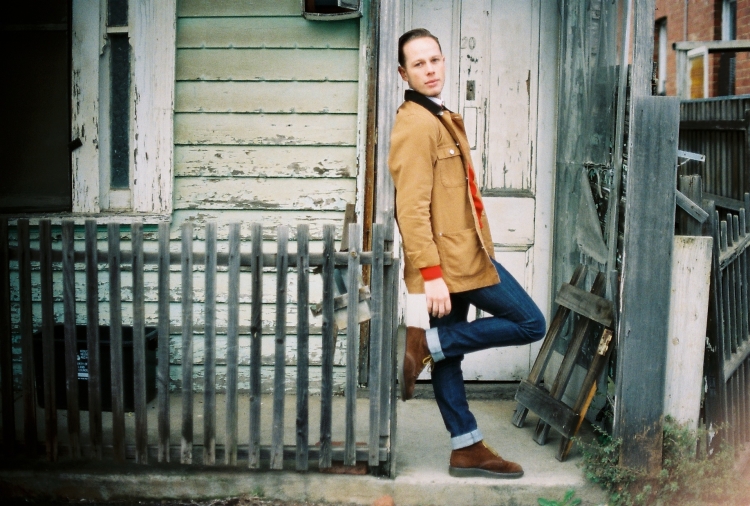
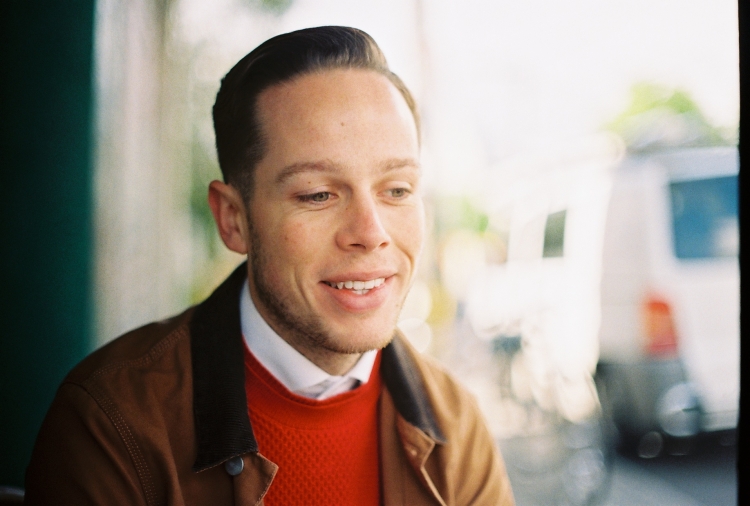

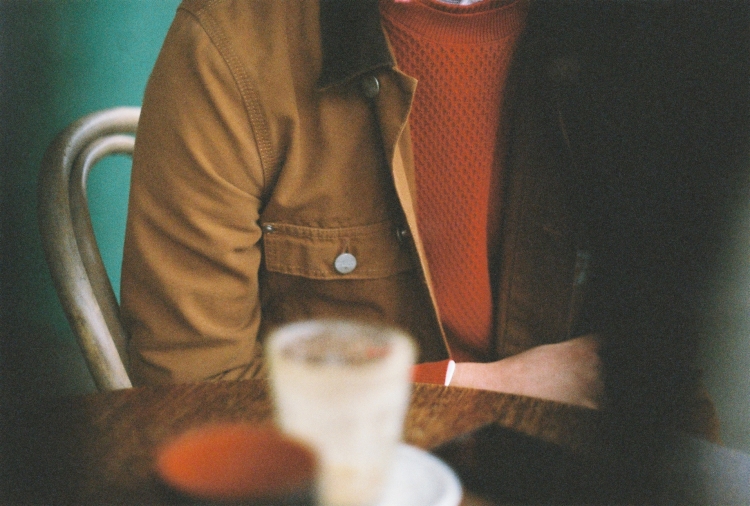
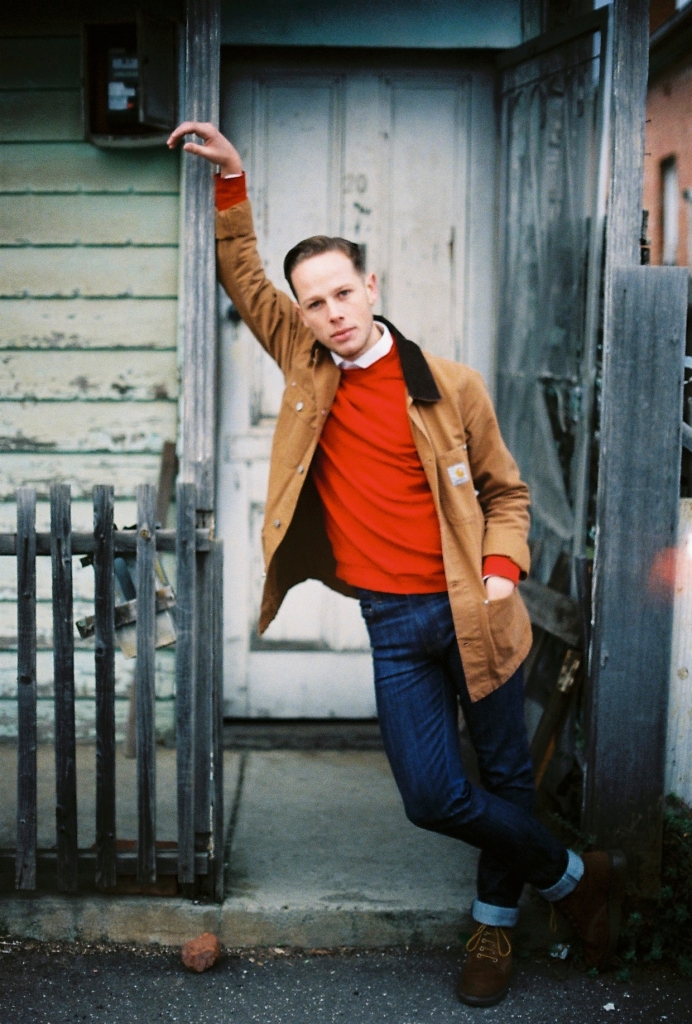
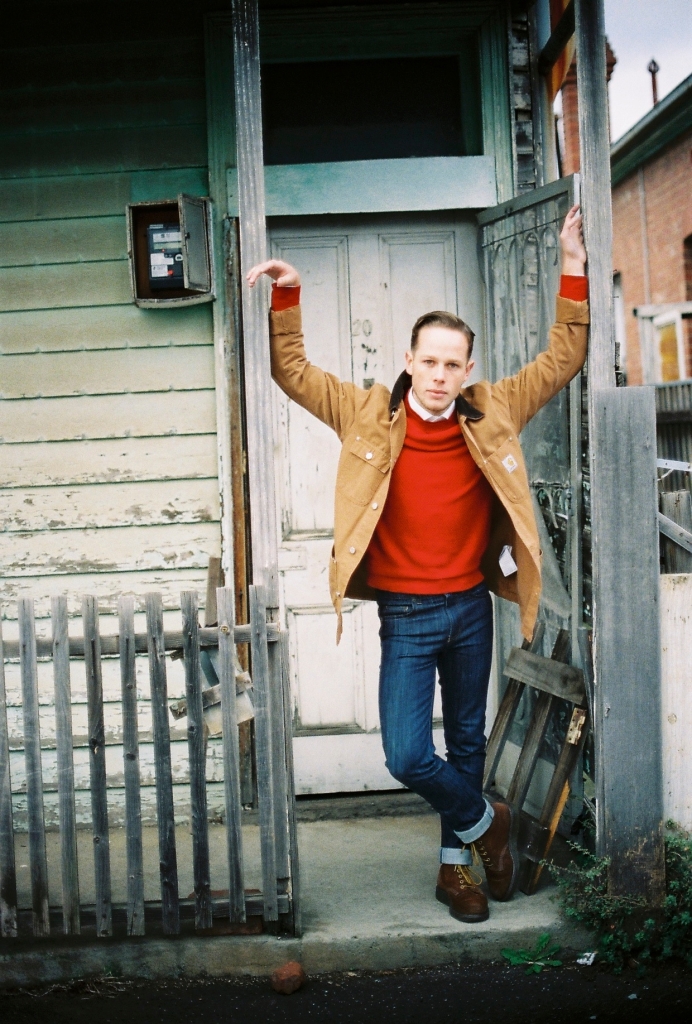
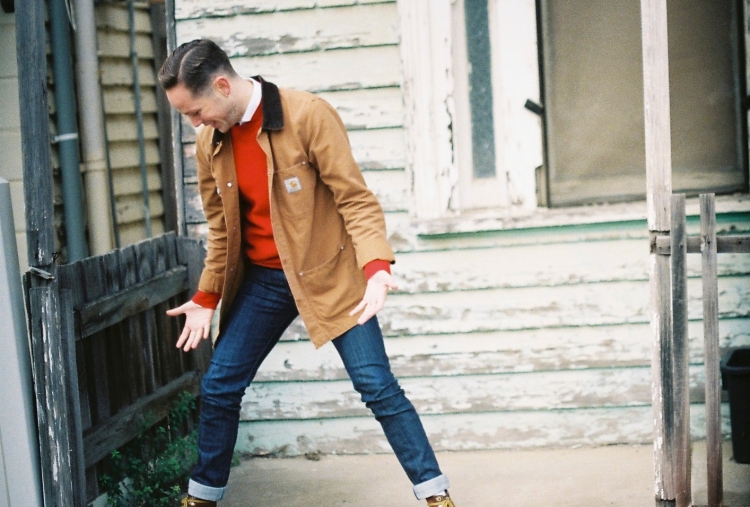
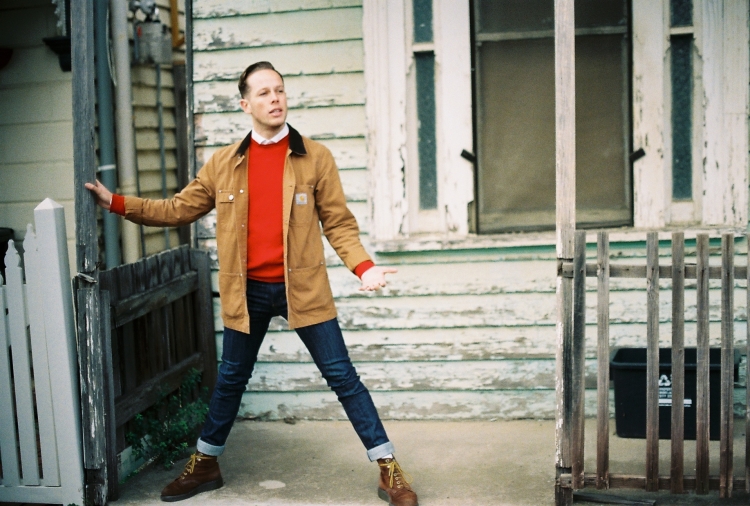
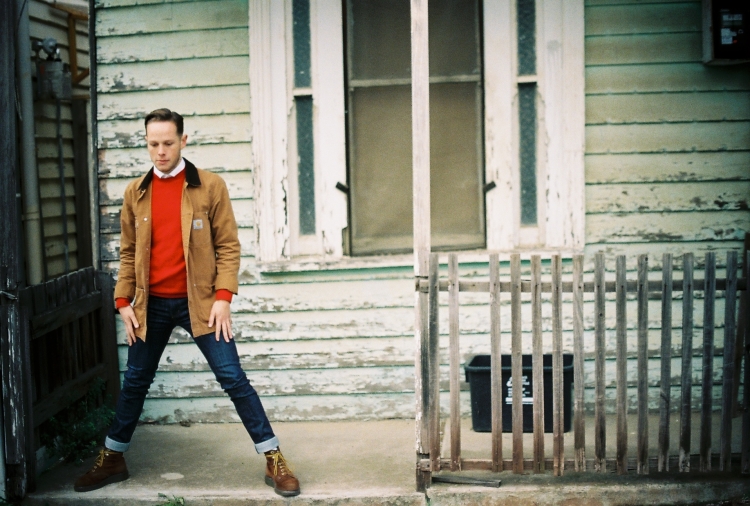
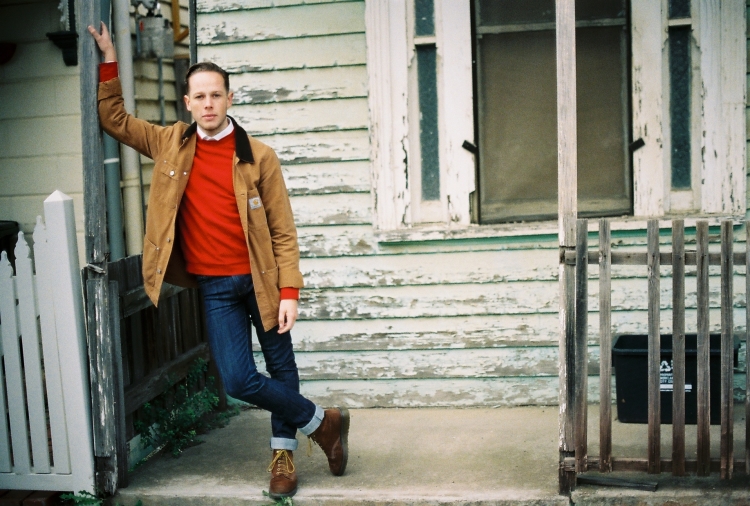
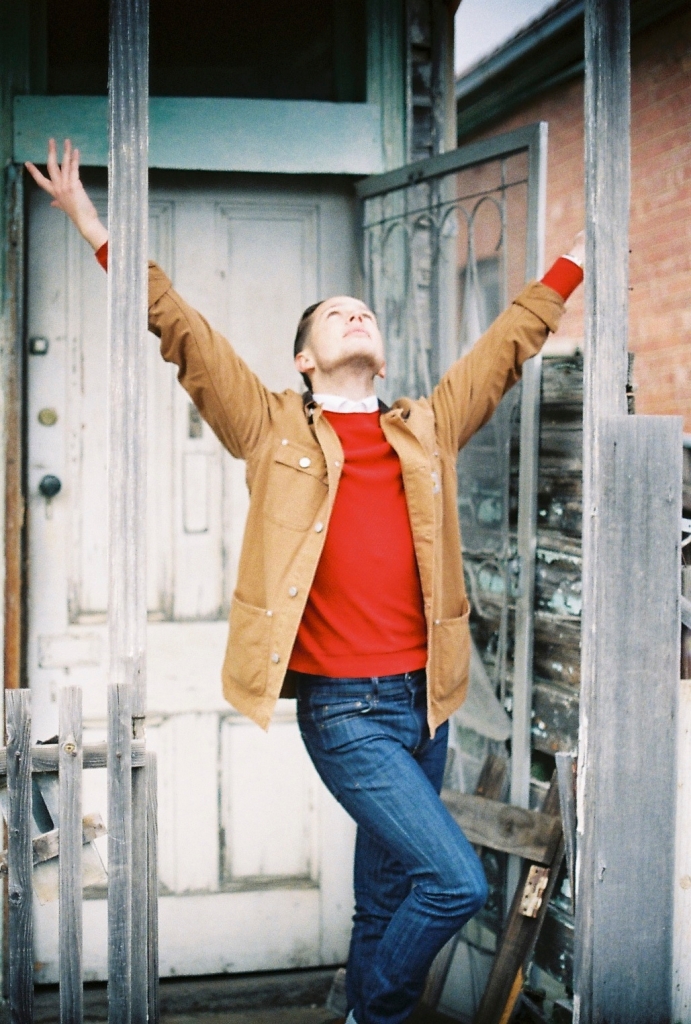
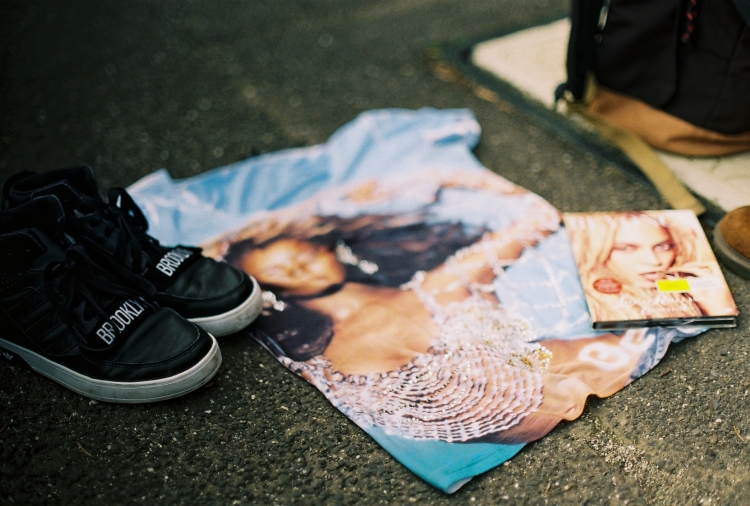
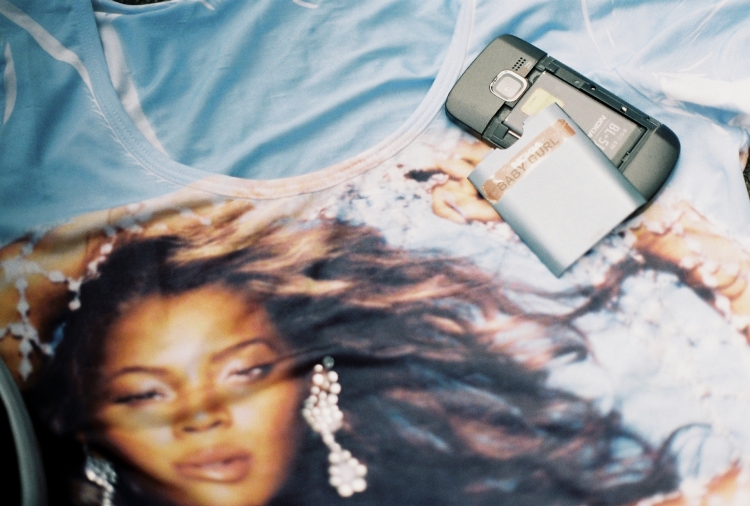
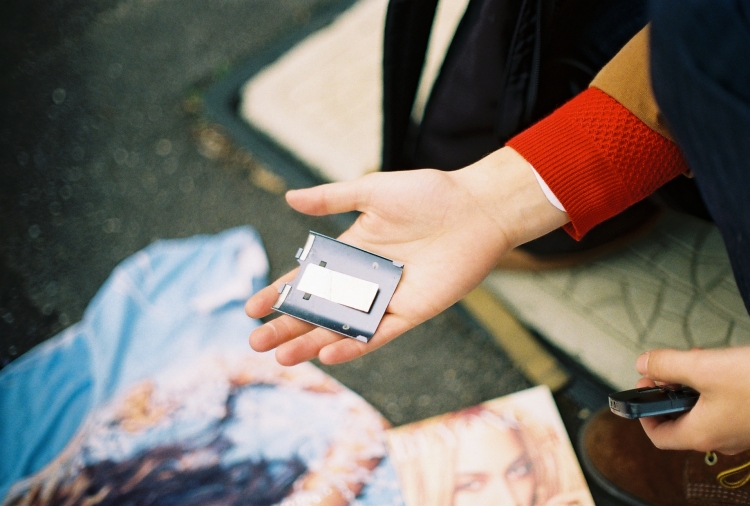
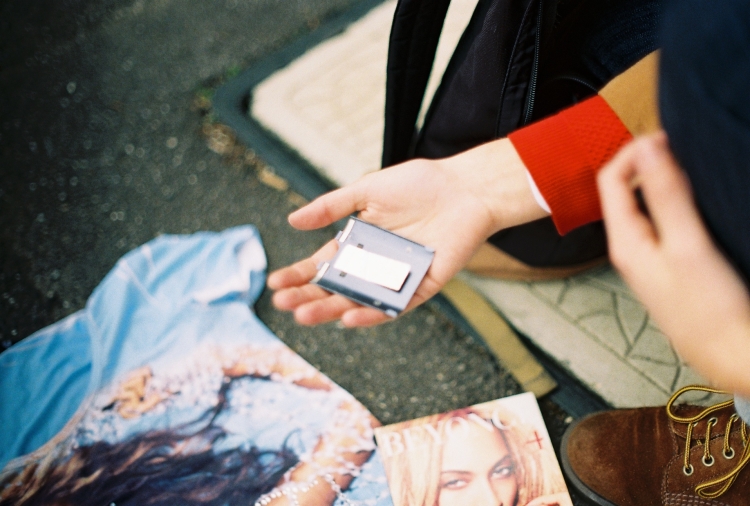
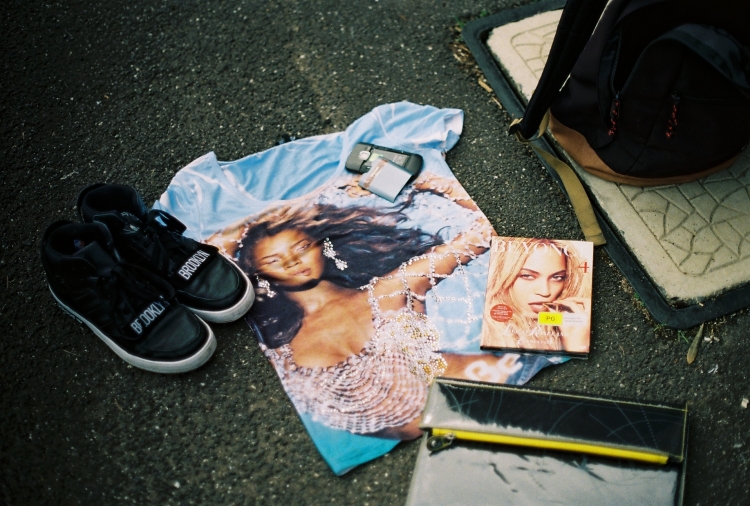
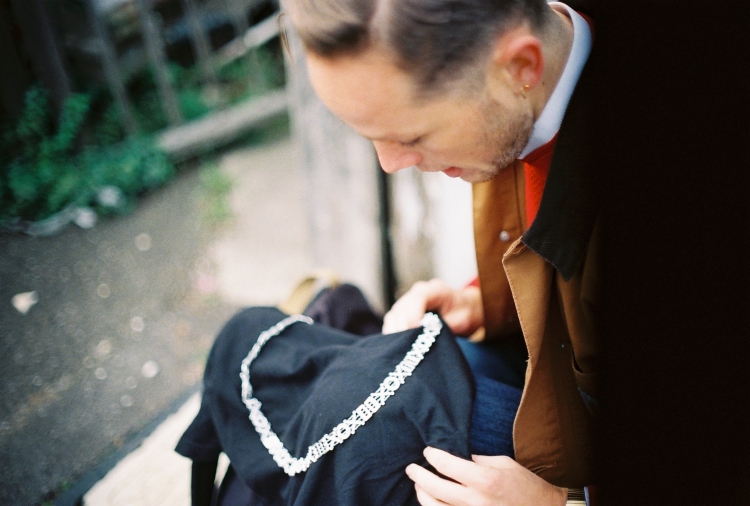
Reblogged this on Julie Jones, for the love of dance. and commented:
Check out this interview with one of my favourite people and long standing student Neville Parry aka Nevonce.